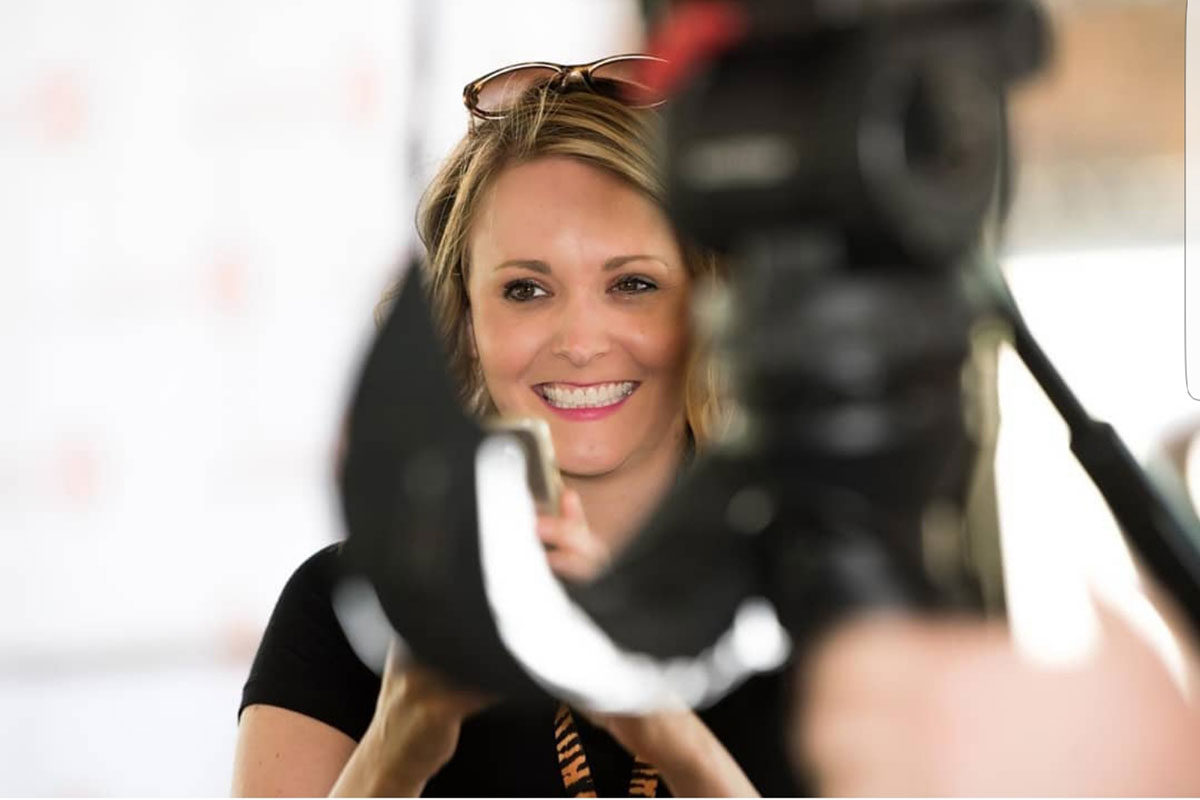Dealing with the media can be intimidating, but it’s not necessarily as terrifying as you might think.
I spent the first eight years of my professional career working in the TV news industry — specifically in roles as production assistant, assistant assignment editor, writer, associate producer and, finally, producer — before transitioning to the other side. Here are three tips my time in the business taught me about working with the media:
1. Be Responsive, Regardless
You received a phone call or email request from a member of the media. The topic or direction is less than ideal for your client or company. I think it’s safe to say that every PR professional has been there before or will be at some point in their career. Your gut reaction might be to pretend like you never heard from them. Trust me when I say — that’s the wrong approach.
I can’t stress it enough. Regardless of whether you plan to take on a request or not — respond! It’s that simple and fundamental. Working with the media is about relationship-building and, let’s face it, no one appreciates an unacknowledged email or phone call. Not to mention, ignoring the media won’t prevent coverage.
If the topic at hand is a crisis matter, here are a few tips to keep in mind, specifically about reputation management.
2. Respect Deadlines
Every professional has deadlines, but it’s a whole different ballgame for members of the media. When working in a newsroom, you’re constantly racing against the clock. I was that stressed-out journalist, scrambling to get a 30-minute newscast on-air every single night. I had a tight daily deadline. There was no flexibility or wiggle room to adjust, no matter the circumstance.
Put yourself in those shoes for a moment. And always keep that perspective top of mind when working with the media. If you’re working on a story together, it’s important to respect their turnaround time and respond in a timely manner.
3. Remember, They’re Just Doing Their Jobs
Believe it or not, ‘gotcha’ journalism is rare; most journalists aren’t out to get you. Shocking, right? They’re humans. They put their pants on one leg at a time, just like you.
Their job is to get the facts and inform their audiences. Meanwhile, your job is to tell your story; to help shape the narrative about your organization.
If the media opportunity makes sense, ask yourself, “how can my expertise help them?” Gather relevant statistics, know the facts and be 100 percent accurate in your responses (don’t speculate).
Do your job while helping them do theirs.
Having a positive relationship with the media is a two-way street. Consider these tips as you implement your media relations strategy to be a valued resource.








